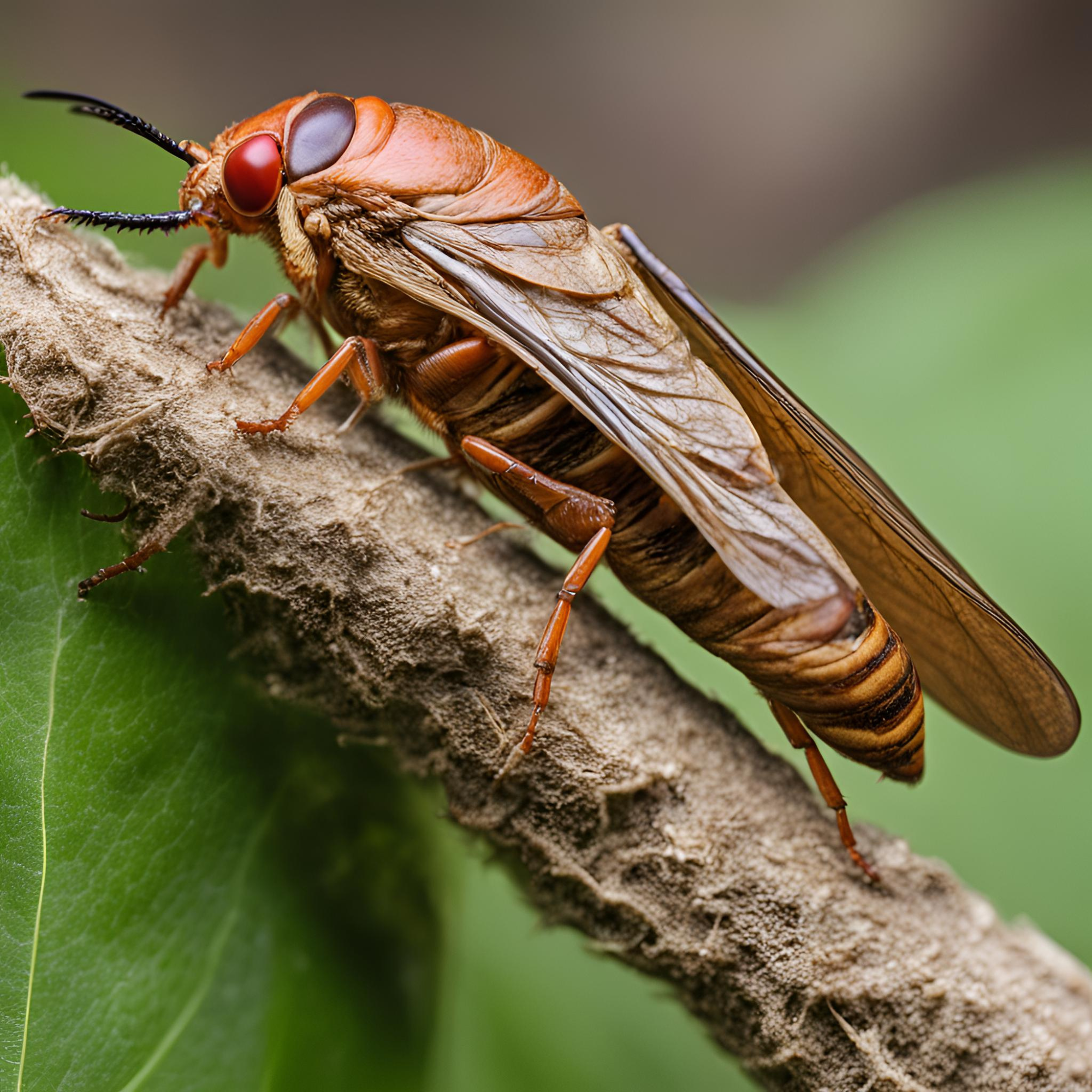Insects Offer Affordable Nutrition, but Cicadas Pose Risks for Some Consumers
In recent years, the idea of consuming insects as a food source has gained popularity in many parts of the world. Insects such as crickets, grasshoppers, and ants are praised for their high nutritional density, sustainability, and low production costs. However, one specific type of insect — the cicada — has raised health concerns for certain groups of people. In this article, we will explore the nutritional benefits of insects, the sustainability of their production, and the specific risks associated with consuming cicadas.
Nutritional Benefits of Insects
Insects are a rich source of proteins, vitamins, and essential minerals. For example, crickets contain about 60% protein by dry weight and are rich in vitamin B12, iron, and zinc. The protein from insects is comparable in quality to traditional animal protein sources like beef and chicken. Additionally, they provide essential fatty acids, which are crucial for cardiovascular and brain health.
A study published in the Journal of Nutrition highlighted that insects have a balanced amino acid profile, similar to that of meat and fish. This makes them an excellent alternative for people looking to reduce traditional meat consumption for ethical, environmental, or health reasons.
Sustainability of Insect Production
Producing insects for human consumption is significantly more sustainable than producing traditional meat. Insects require less food, water, and space, and produce fewer greenhouse gases. For instance, producing 1 kg of cricket protein requires approximately 12 times less food than producing 1 kg of beef protein.
Furthermore, insects can be fed organic waste, helping to reduce food waste. Insect farming can also be carried out in urban environments, reducing the need for transportation and consequently, carbon emissions.
Risks Associated with Consuming Cicadas
While the benefits of consuming insects are widely recognized, not all insects are safe for everyone to consume. Cicadas, in particular, may pose health risks for some individuals.
A significant concern is allergies. People who are allergic to shellfish, especially crustaceans like shrimp, lobsters, and crabs, may also be allergic to cicadas. This is because insects and crustaceans belong to the same phylum — Arthropoda. The proteins responsible for allergies in crustaceans are similar to those found in cicadas, potentially triggering severe allergic reactions.
Besides allergies, there is the concern of contamination. Cicadas spend most of their lives underground, where they can accumulate heavy metals and other soil contaminants. If harvested in contaminated areas, consuming these cicadas could lead to the ingestion of toxic substances.
Cultural and Psychological Considerations
Another important aspect to consider is the cultural and psychological acceptance of consuming insects. In many cultures, particularly in Asia, Africa, and Latin America, eating insects is a common and well-accepted practice. However, in other parts of the world, such as Europe and North America, the idea of eating insects is still met with revulsion.
Cultural resistance can be overcome through education and gradual exposure. Food products that incorporate insects in a less visible form, such as protein bars made from cricket flour, have been more accepted than whole insects. As more people become aware of the nutritional and environmental benefits of insects, acceptance is likely to grow.
The Future of Insects in Human Diets
The future of insects as a food source looks promising, especially in a world where sustainability and food security are growing concerns. The Food and Agriculture Organization (FAO) has actively promoted the consumption of insects as a viable solution to the increasing demand for protein.
However, it is crucial that the risks associated with consuming certain insects, such as cicadas, are carefully managed. This includes strict regulations on the harvesting and processing of insects, as well as public education about potential allergies and contamination.
Conclusion
Insects offer an accessible and sustainable source of calories and protein, with significant benefits for human health and the environment. However, as with any food source, it is important to consider potential risks. For people with shellfish allergies, consuming cicadas can be dangerous. Additionally, soil contamination is a valid concern that needs to be addressed.
With a careful and informed approach, insects can play a crucial role in the future of human diets, helping to ensure global food security in a sustainable and nutritious way.
